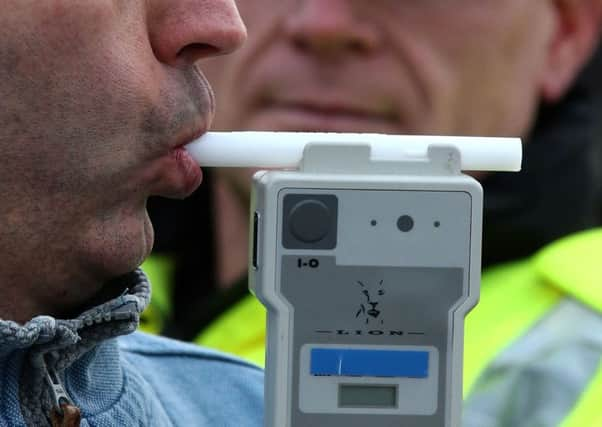Hartlepool revealed as one of the worst areas for drug and drink driving


Research carried out by MoneySuperMarket reveals the postal areas that have the highest rate of drivers with drink or drug driving convictions on their car insurance policies.
Cleveland overall has the fifth highest rate with an average of 2.3 out of every 1000 drivers in the TS postcode area having a drink or drug driving conviction.
Advertisement
Hide AdAdvertisement
Hide AdHowever, when broken down, the figure rises to 5.02 in the TS24 area of Hartlepool, 2.83 in the TS27 area and 2.43 in the TS26 area. The TS25 area is lower with 1.99 convictions per 1,000.
The analysis, which looked at seven million car insurance quotes found that those living in Sunderland SR postcode areas have the highest number of drink and drug driving convictions nationwide, with nearly three (2.91) for every 1,000 drivers, an increase of 1.3 compared to last year.
Nationally the data found men are most likely to get behind the wheel while under the influence but the total rate of convictions has increased since 2016 for both male and female drivers, rising from 1.39 to 1.68 per 1,000 for men and from 0.92 to 1.20 per 1,000 for women.
Conviction rates for drink or drug driving is the lowest for over 65s with 0.21 offences per 1,000 drivers, closely followed by 17 to 19 year olds, with just 0.25 convictions. Drivers aged 25 to 29 saw the highest rate of convictions, with three per every 1,000 drivers.
Advertisement
Hide AdAdvertisement
Hide AdDrivers who have a drink or drug driving conviction will typically see their motor premiums increase at renewal.
Kevin Pratt, consumer affairs expert at MoneySuperMarket, said: “Most people rightly view drink and drug driving as totally unacceptable.
“Although, our analysis shows that it’s a minority that are offending, it’s worrying to see that convictions have increased since last year.
“This could be because people forget alcohol can stay in the system for a long time after the party is over, leading to being caught the following morning when they think they’re sober.”
Advertisement
Hide AdAdvertisement
Hide AdIn August the Department for Transport figures showed the number of drink drive collisions had risen.
Commenting on this, Jason Wakeford, Director of Campaigns for Brake, the road safety charity, said: “Selfish drink drivers destroy lives and inflict appalling suffering on families up and down the country. There will be more, unrecorded, casualties involving drivers impaired by alcohol but under the current limit.
“The drink drive limit in England and Wales is the second highest in Europe and must be lowered urgently. Savage cuts to road traffic policing must be reversed.”